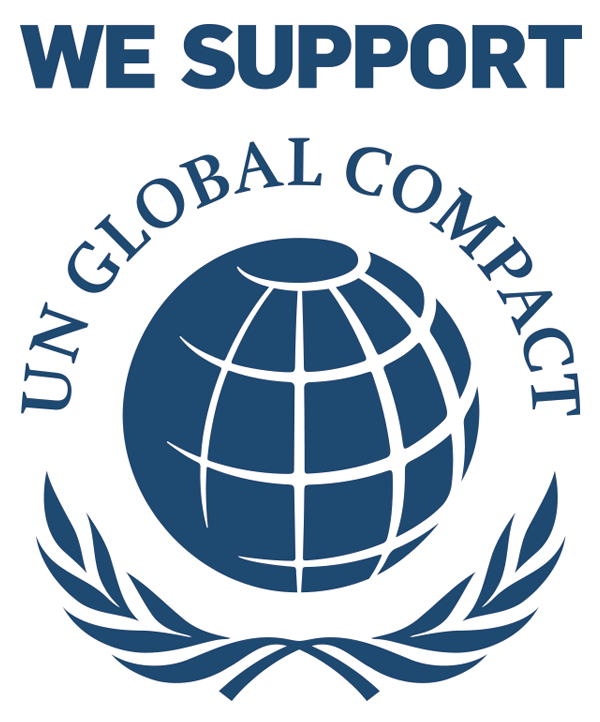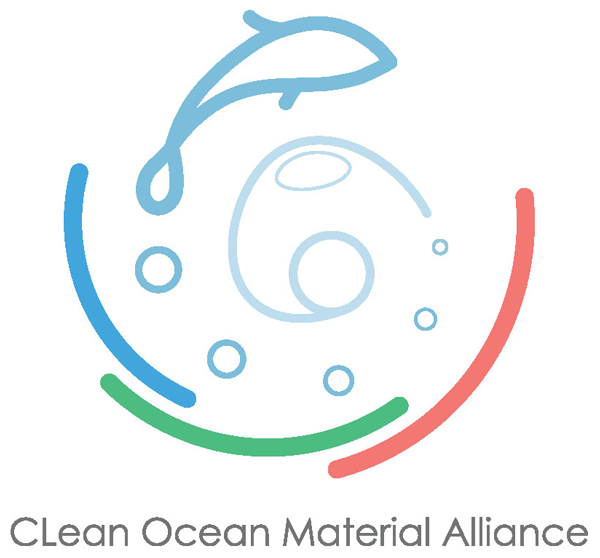ESG Promotion
ESG Promotion Activities
ESG Inspections
To inspect the legal and regulatory compliance status of the Kaneka Group and to improve its occupational safety and health performance, ESG inspections are carried out, comprising ESG safety and quality inspections and ESG evaluation audits, targeting Group companies within Japan and overseas.
ESG safety and quality inspections are conducted onsite to check the status of safety management at plants in terms of occupational health and safety, security and disaster prevention, environmental conservation, quality assurance of products, goods, and work-in-process, chemical substance management, and, compliance. In fiscal 2023, we conducted ESG safety and quality inspections at all parent manufacturing sites, 18 Group companies in Japan, and three overseas Group companies.
Kaneka’s Environmental Health and Safety Management Regulations and Quality Management Regulations clearly define the actions and responsibilities expected of Group companies. Encouraging employees to be proactive, we endeavor to reduce environmental impacts and occupational accident risks, as well as to improve our crisis response capabilities in case of natural disasters and product accidents.
We conduct ESG evaluation audits to ensure that our business activities and labor practices comply with laws and regulations. In fiscal 2023, we conducted audits at all Kaneka business divisions, 30 Group companies in Japan, and 20 Group companies overseas in the area of competition laws like the Antimonopoly Act in Japan. Executives of Kaneka and of certain Group companies in Japan who are involved in sales, purchasing, and business development are required to undergo antitrust law compliance training and submit a written oath. At Group companies in Japan, we confirmed the preparation status of issues related to the April 2024 revision of the Labor Standards Act, ensured employees took at least five days of paid leave annually, and checked overall leave usage.
ESG Education
We engage in educational activities to promote ESG within the company through training sessions and the company intranet.
In fiscal 2023, we continued to use the “ESG Promotion Portal” on our intranet to raise awareness of ESG social issues, Kaneka’s ESG progress, and initiatives related to our ESG Charter.
We will continue to enhance employees’ understanding of ESG to resolve social issues through corporate activities.
Participation in Initiatives
Believing in the importance of working with industry organizations to address social issues and help build a sustainable society, the Kaneka Group participates in and collaborates with various initiatives to advance these aims.
Support for the United Nations Global Compact
In March 2015, Kaneka Group became a signatory to the United Nations Global Compact.
The UN Global Compact is a voluntary code of conduct through which the top management of signatory companies commit themselves to take action aimed at achieving ten principles in the four areas of Human Rights, Labour, Environment, and Anti-Corruption. As Kaneka Group with a global network, we actively share information about our commitment to global sustainable growth as a responsible corporate citizen with our stakeholders and the international community.

UN Global Compact
The Ten Principles of the UN Global Compact
| Human Rights |
|
|---|---|
| Labour |
|
| Environment |
|
| Anti-Corruption |
|
Endorsement of the Keidanren Initiative for Biodiversity Conservation
We endorse the Keidanren Biodiversity Declaration and Action Guidelines, developed by the Japan Business Federation (Keidanren) and its Nature Conservation Committee. This initiative encourages companies to voluntarily and actively promote biodiversity conservation efforts.
Membership in the Roundtable on Sustainable Palm Oil (RSPO)
As a user of palm oil, we hold RSPO supply chain certification, an international nonprofit standard that promotes the sustainable production and use of palm oil with respect for environmental and human rights concerns.
Participation in GX League
This initiative, led by the Ministry of Economy, Trade and Industry, brings together companies, government agencies, and academic institutions to achieve sustainable growth, with the aim of achieving carbon neutrality by 2050 and transforming the entire socio-economic system of the future.

Participation in the Clean Ocean Materials Alliance (CLOMA)
There are growing calls for efforts on a global scale to address the issue of marine plastic waste that is affecting the entire planet. CLOMA is a platform both for strengthening collaboration among a wide range of stakeholders across industries and for accelerating innovation.

